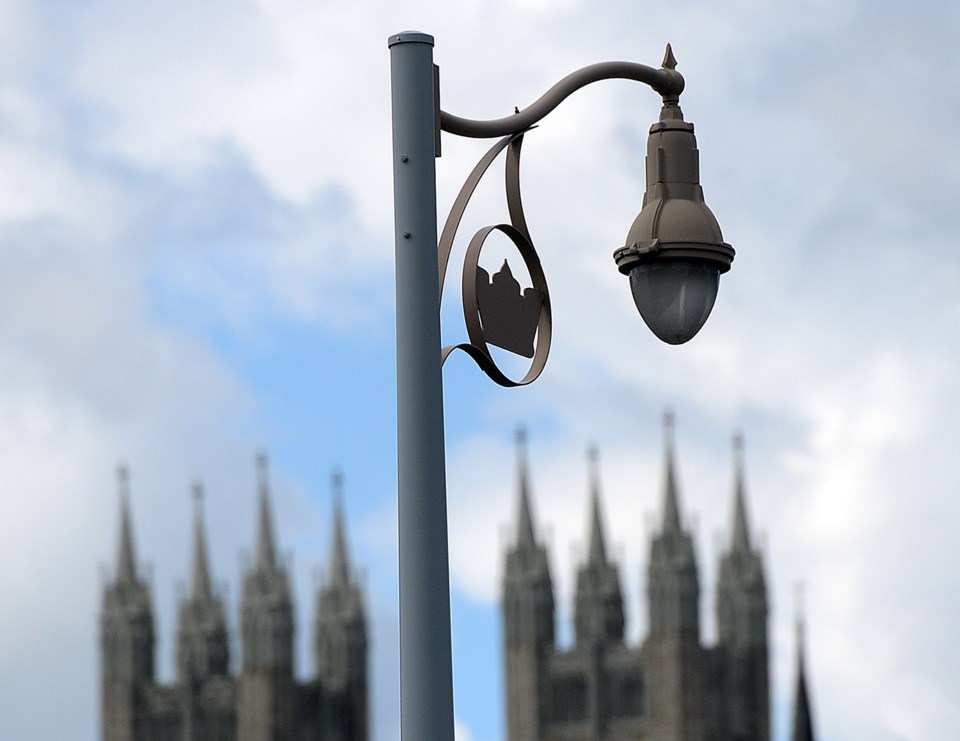A staff recommendation says the city should convert all of its 13,000 street lights to more cost-efficient and energy-efficient LED lighting.
A report and the recommendation says a retrofit to LED lighting would cost the city $8 million, but that it would pay for itself within six years when maintenance costs are also put into the equation.That same report identifies $14.2 million in "net avoided cost" to the city over 15 years if the switch happens.
The report says the cost of the retrofit would be funded by borrowing from the city's Wastewater Capital Reserve Fund.
The city would own the LED lights. The company that would do the retrofit would also maintain them. Guelph Hydro currently maintains the city's street light system.
The city spent $2 million on street lighting in 2016, $1.5 million of that on electricity, the rest on maintenance.
"Street lighting electricity and maintenance costs rose 10 per cent per year on average from 2010 to 2016," the report states.
"This is a cost-effective funding option that maximizes the City’s available cash flow without issuing external debt. The expected operating savings that will be generated through this project will be used to repay this borrowing plus the interest that would have otherwise been earned through the City’s investment portfolio," says the report, authored by Climate Change Office manager Alex Chapman.
A field trial of the LED lighting is currently ongoing on several city streets in the
Staff is also recommending the city retain ownership of its street lamps rather than selling them to Guelph Hydro, have adaptive controls as part of the retrofit and outsource maintenance of the lights to the company that does the switch over.
The reduction in carbon dioxide emissions is estimated to be 464 tonnes per year, "the equivalent of taking 98 cars off the road," reads the report.
"Cities including
The staff report also says LED lighting offers more control over the lighting, turning lights on later and turning them off earlier than photocells currently used do.
Public input into the process showed some concerns people have with LED lighting, including light flooding onto property, harsh colour temperatures and an urban "sky glow."
Those concerns are to be addressed.
A number of other municipalities, including
